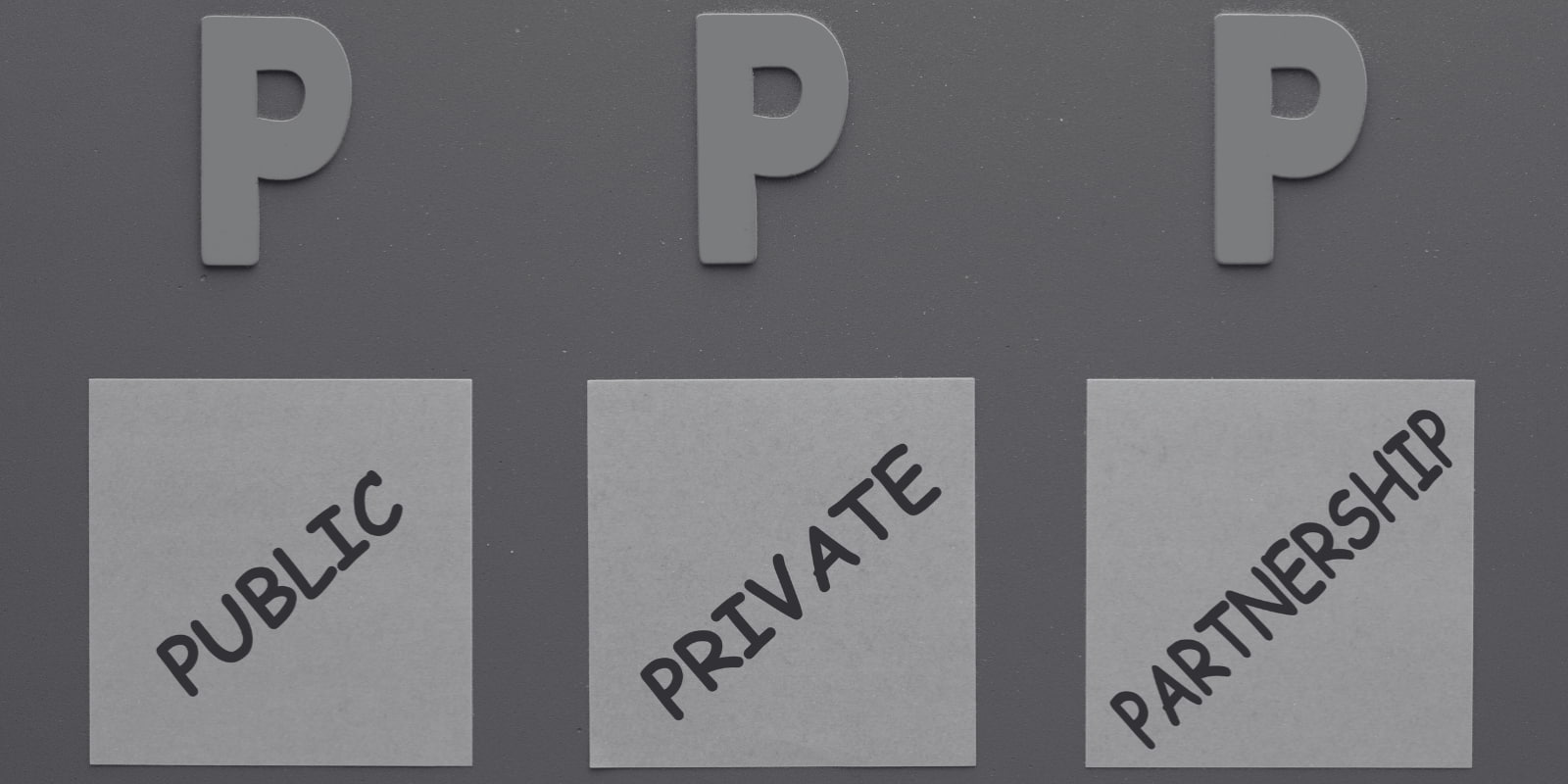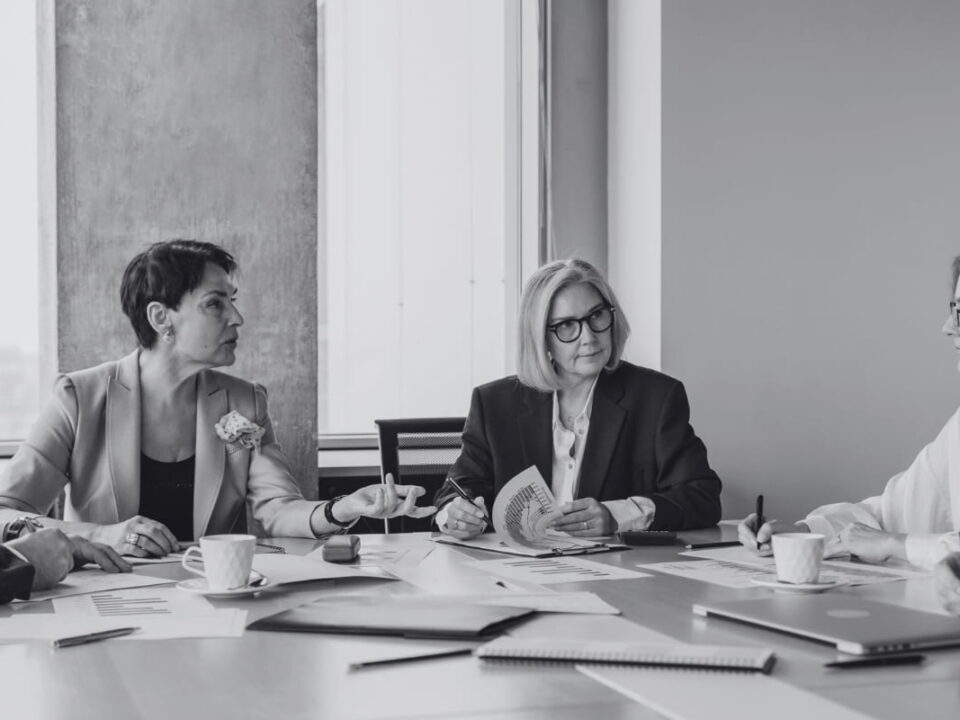UNDERSTANDING PUBLIC-PRIVATE PARTNERSHIPS (PPPs) IN THE UAE HEALTHCARE SECTOR
Public-Private Partnerships in healthcare represent coordinated efforts between government entities and private companies aimed at strengthening medical infrastructure, services, and innovation in the sector. PPPs are valued for their innovations in:
- Improving service delivery and quality of care.
- Sharing risks and optimising costs.
- Aligning with the UAE commitments to establishing a global healthcare hub.
Federal Law No. 12 of 2023 on Public-Private Partnerships includes a clear regulatory framework for public-private partnership or PPP projects at the federal level. It defines the roles of relevant stakeholders, the procurement process and the dispute resolution process. Dubai Law No. 22 of 2015 provides a law for PPPs for the Emirate of Dubai with specifications appropriate for its local context and needs.
Key sectors ripe for healthcare Public-Private Partnerships (PPPs) include:
- Modern hospitals and specialist clinics.
- Advanced diagnostic centres.
- Leading-edge oncological and rehabilitative facilities.
- Advanced medical research and development.
BUSINESS ACTIVITIES AND LICENSING REQUIREMENTS FOR PPPs
Permissible Activities for Healthcare PPPs:
- Managing and operating hospitals and other health facilities.
- Providing medical specialist services (e.g., oncology, cardiology, neurology).
- Implementing advanced technology into health care (AI diagnostics, telemedicine, robotic surgery).
- Educating, training and educating health professionals.
Licensing Categories:
In Dubai Healthcare City (DHCC), licensing follows a 3-tier hierarchy:
- Clusters.
- Segments.
- Activities.
Within this structure, categories include:
- Clinical services.
- Non-clinical support (e.g., medical waste management, facility maintenance, health informatics).
- Healthcare technology and innovation.
Recent Regulatory Updates:
- Executive Council Resolution No. (49) of 2024 governs the regulation of healthcare activities and professions in Dubai, including special development and free zones, as of September 2024.
- No healthcare facility or healthcare professional is permitted to operate anywhere in Dubai without a Health Authority of Dubai (DHA) permit.
- Permits are issued for one year and can only be issued under the conditions and limitations set by the DHA. The permits are renewable.
KEY GOVERNMENT ENTITIES AND THEIR ROLES
COMPANY FORMATION PROCESS FOR HEALTHCARE PUBLIC-PRIVATE PARTNERSHIPS (PPPS)
Select Business Legal Structure
Limited Liability Company (LLC)
An LLC is a common structure for healthcare infrastructure projects. An LLC can have a local UAE partner (which can be a government entity). An LLC provides shareholders with flexibility and limited liability.
Free zones (in the UAE) allow complete foreign ownership and are a good option for health technology or health-related research and development (R&D) projects, as they offer tax benefits and reduced regulation for companies.
Joint ventures (highly recommended for PPPs)
A public joint-stock company (PJSC) type of company allows for public shareholding and would be possible for larger investments in healthcare that require members of the public with capital investment capacity or equity stake, and/or participation in the project.
Special Purpose Vehicle (SPV)
SPVs are commonly used to mitigate risk in PPP transactions, as well as provide a separation of liabilities in the event something bad occurs. SPV potentially provides an in-between structure, like a joint venture (JV) with the government and a private party, which clearly outlines the parties’ obligations and any obligations to expend resources.
Steps to Register Healthcare Public-Private Partnerships in The UAE:
- Register with the Department for Economic Development (DED) to allow transparency and to allow you to operate on the mainland.
- Register with the appropriate healthcare authority (Ministry of Health and Prevention (MOHAP), Dubai Health Authority (DHA), or the Department of Health, Abu Dhabi (DOH)), having the appropriate licensure.
- Agree to the partnership agreements with government partnerships.
Timeframes & Costs of Setting Up a PPPs Company in The UAE:
- Average duration: 3-6 months for full setup.
- Estimated costs will vary depending on the complexity/scope of the project.
LEGAL AND REGULATORY CONSIDERATIONS
- Compliance with Healthcare Regulations: Comprehensive rules covering licensing requirements, staffing requirements, and facility criteria.
- Foreign Ownership Rules: Consider the extent of foreign ownership permissible in the relevant healthcare activities – up to 100% foreign ownership is permitted in some cases in relation to some healthcare activities.
- Data Protection Laws: Family Health Insurance Laws are covered in the UAE Patient Data Protection standards and relevant General Data Protection Regulations (GDPR), where applicable.
- Public-Private Partnerships (PPP) Contractual Frameworks: Opportunities to specify risk share frameworks; specifications to measure performance; exit strategies.
CHALLENGES AND SOLUTIONS IN HEALTHCARE PUBLIC-PRIVATE PARTNERSHIPS (PPPS)
Challenges:
- Approvals – navigating the multiple approvals process can be cumbersome and time-consuming in the UAE.
- Government expectations – balancing expectations with a Public Private Partnership (PPP) against the private sector’s needs.
- Healthcare professional conditions – securing skilled healthcare professionals and then retaining them.
Solutions:
- Partner with experienced consultants to assist in navigating complex government approval processes, obtaining comprehensive government programs, and ensuring compliance.
- Government incentives – read and understand the relevant government incentives and funding programs available.
- Be prepared to commit to working with cutting-edge technology solutions to simplify aspects of the operational impacts.
CASE STUDIES: REAL-LIFE EXAMPLES
Case Study 1: Multinational Cancer Treatment Facility
- Challenge: A global healthcare provider was preparing to commence a top-tier global cancer centre in the UAE. While the provider was willing to consider a PPP, especially with government support, there were suffocating barriers that made it a long, tedious process for the provider to find an appropriate partner, and negotiation was just as arduous due to the number of repeated barriers. The approval and licensing regime in government was complicated, so much of the structures, processes, policies and requirements, in addition to making sure the opportunities were aligned with national plans/health objectives, took a long time and was not easy.
- Solution: Our team provided end-to-end service that included high-level negotiations to frame things with government authorities, as well as ensuring that healthcare regulatory issues were addressed. We were also able to structure a successful PPP agreement that addressed public healthcare goals whilst aligning with the company’s strategic ambitions. We assisted in securing the relevant approvals, compliance with licensing and related matters required for the project, and fostered relationship creation with government sector organisations.
- Outcome: After successfully launching their cancer treatment facility as a strategic joint PPP with the government that was built with world-class technology and specialists, the facility is now treating thousands of patients per year and providing life-saving treatment options and positively impacting oncology treatment care.
Case Study 2: AI-Driven Diagnostics Integration
- Challenge: One brand new health-tech company wanted to deliver AI-powered diagnostic technology in government hospitals, but they encountered substantial regulatory hurdles in terms of licensing, compliance and approvals. After brainstorming, the main challenge was establishing credibility and partnerships amongst the government and public hospital providers.
- Solution: Our consultants navigated the process and assisted the company with engaging regulatory bodies through the sometimes-complicated approval process to provide compliance while demonstrating what transformative solutions AI-enabled diagnostics could bring to the healthcare system. Our consultants worked with the company and their team the find public hospitals that would partner with them to provide the technology through their existing systems, and follow compliance processes.
- Outcome: Multiple government hospitals implemented the AI-based diagnostic system, which produced better diagnostic accuracy and turnaround and clinical outcomes. The project created two outcomes that were significant outcomes, as it proved the health-tech client’s value while contributing towards the UAE national healthcare technology agenda.
FUTURE OPPORTUNITIES IN HEALTHCARE PPPS
- Technology Integration: A healthcare system requires the integration of Artificial Intelligence, together with Internet of Things and Blockchain technology.
- Specialised Healthcare Facilities: A healthcare system requires the integration of Artificial Intelligence, together with Internet of Things and Blockchain technology.
- Sustainability: The government wants to deliver sustainable hospital initiatives that pursue environmentally sustainable healthcare solutions.
- Telemedicine and Remote Care: The system bridges the access gap between physical and social healthcare.
WHY CHOOSE CREATION BUSINESS CONSULTANTS?
- Extensive Experience: Our team collectively has more than ten years of experience in Public-Private Partnerships for the healthcare industry in the United Arab Emirates.
- Regulatory Knowledge: Our team has a full scope of the various protocol structures set by the Ministry of Health and Protection (MOHAP), Dubai Health Authority (DHA) and Department of Health (DOH).
- Customised Solutions: Tailored support service that supports clients through the intricate process of PPP agreements and carrying out levels of compliance.
- End-to-End Support: We deal with all processes of implementing the project, from the preliminary planning stage of the project through to the operational commencement stage and maintenance of compliance.
- Network of Experts: Our organisation has significant relationships with health care professionals and institutional links to local government agencies.
READY TO EXPLORE LUCRATIVE PPP OPPORTUNITIES IN THE UAE HEALTHCARE SECTOR?
We specialise in supporting companies in the formation of Public-Private Partnerships (PPPs) in the UAE healthcare context. Our team of experts assists with:
- Structuring and Negotiating PPP Agreements.
- Regulatory Compliance and Licensing.
- Foreign Ownership & Investment Structuring.
- Risk Management & Contractual Safeguards.
Contact us today:







